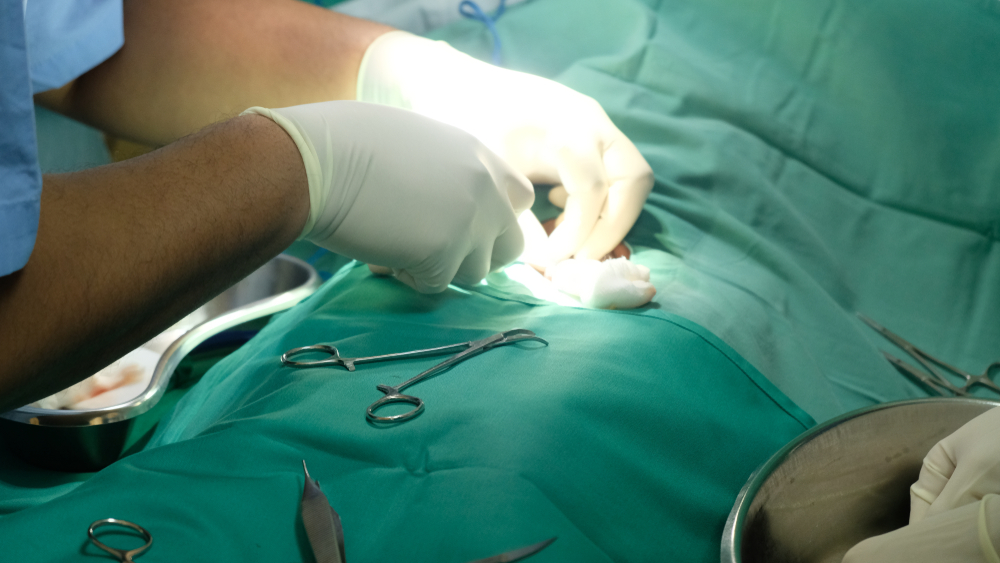Male circumcision is a practice deeply embedded in cultural and religious traditions, particularly in Islamic societies. In Dubai, where tradition meets modernity, the social implications of male circumcision in Dubai extend beyond the act itself, influencing family dynamics, community relationships, and societal norms. This article explores these social implications, examining how circumcision shapes identity, cultural practices, and social interactions within the Emirati context.
Cultural Identity and Belonging
Rite of Passage: In Dubai, male circumcision is widely regarded as a rite of passage for boys, symbolizing their transition into the Islamic community. This act is celebrated with rituals and gatherings, reinforcing cultural identity and fostering a sense of belonging among families and communities. The event often serves to reaffirm the shared values and traditions that define Emirati society, enhancing the collective identity of Muslim families.
Familial Bonds: The circumcision ceremony, known as "Khitan," is not just a medical procedure but a significant social event that strengthens familial ties. Families often organize large gatherings to celebrate the occasion, inviting relatives and friends to partake in the festivities. This communal celebration enhances family cohesion, allowing relatives to connect and engage in cultural practices, thereby reinforcing social networks within the community.
Gender Dynamics and Expectations
Roles of Parents: The decision to circumcise a boy often involves both parents, with mothers typically taking on a central role in planning the ceremony. This responsibility reflects cultural expectations surrounding motherhood and femininity, as mothers are often seen as custodians of family traditions. The involvement of fathers in the ceremony, on the other hand, emphasizes their role as protectors and providers, reinforcing traditional gender dynamics within Emirati families.
Social Pressure and Conformity: In Emirati society, there is a strong social expectation for families to adhere to the practice of circumcision. This pressure to conform can create tension for parents who may be reconsidering traditional practices in light of modern values, such as bodily autonomy and consent. The societal norms surrounding circumcision may lead to feelings of obligation or guilt for families who choose not to circumcise their sons, highlighting the intricate relationship between cultural expectations and individual choice.
Health and Medical Considerations
Perceptions of Health: Circumcision is often discussed in the context of health benefits, including a reduced risk of urinary tract infections and sexually transmitted infections. These medical considerations can influence parental decisions and contribute to the social discourse surrounding the practice. Families may feel reassured by the potential health benefits, reinforcing the belief that circumcision is a responsible choice for their children.
Access to Medical Care: In Dubai, the availability of medical facilities and professionals experienced in performing circumcision impacts how families approach the practice. Access to healthcare can determine the timing and manner in which circumcision is performed, as well as the families' perceptions of the procedure's safety and necessity. As Dubai continues to modernize, these medical considerations play a crucial role in shaping social attitudes toward circumcision.
Changing Perspectives in a Modern Society
As Dubai evolves into a global metropolis, the social implications of male circumcision are subject to change. The increasing presence of expatriates and diverse cultural influences has led to discussions about the necessity and ethics of circumcision, prompting a reevaluation of traditional practices.
Emerging Dialogues: There is a growing conversation surrounding bodily autonomy, particularly concerning the rights of children and informed consent. Some parents may begin to question the necessity of circumcision, leading to a broader societal dialogue about personal choice and medical ethics. This shift highlights the tension between maintaining cultural traditions and adapting to contemporary values.
Cultural Sensitivity: As Dubai becomes more diverse, cultural sensitivity towards different beliefs and practices is essential. Engaging in respectful discussions about circumcision allows for a better understanding of the various perspectives surrounding the practice. This cultural exchange can foster a sense of community while respecting individual choices, ultimately enriching the social fabric of Emirati society.
Conclusion
The social implications of male circumcision in Dubai encompass a wide range of cultural, familial, and health-related factors. As a significant rite of passage, circumcision strengthens family bonds and reinforces cultural identity, while also highlighting the complexities of gender dynamics and social expectations. However, as the city continues to modernize, evolving attitudes toward bodily autonomy and informed consent present new challenges for families navigating this deeply rooted tradition. By fostering open dialogues about circumcision and its implications, Dubai can embrace a more inclusive understanding of cultural practices while honoring its rich heritage.





Comments